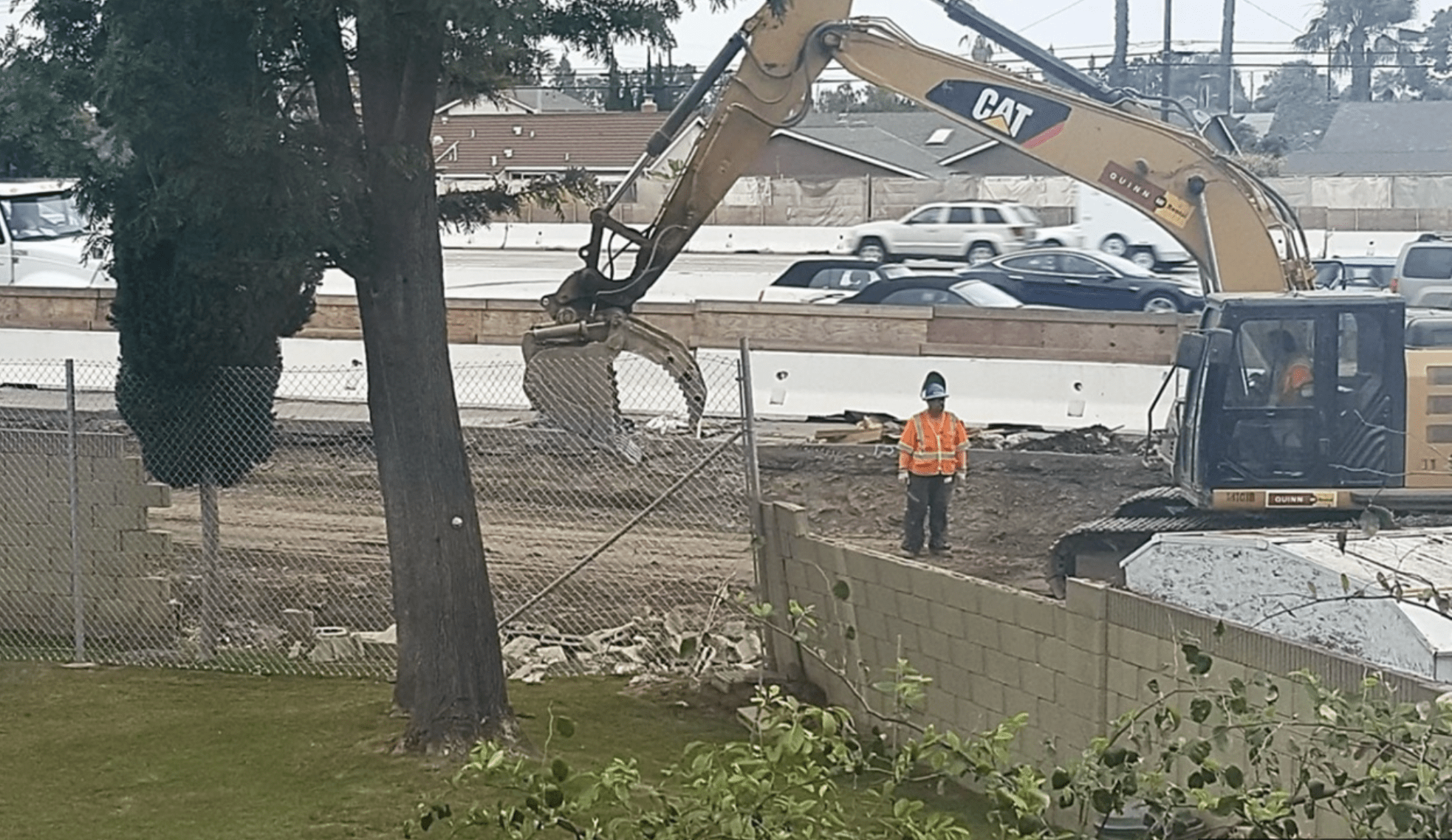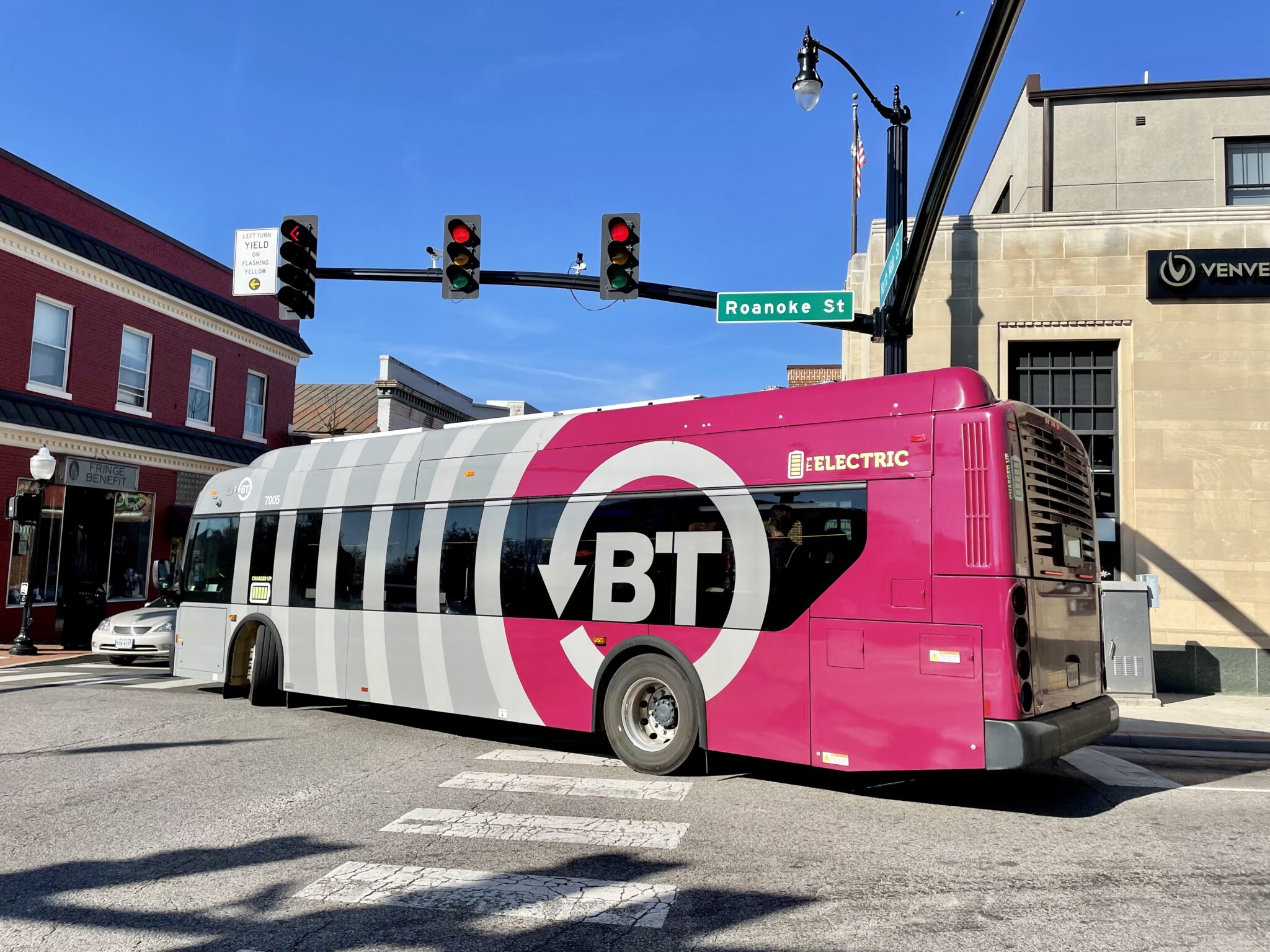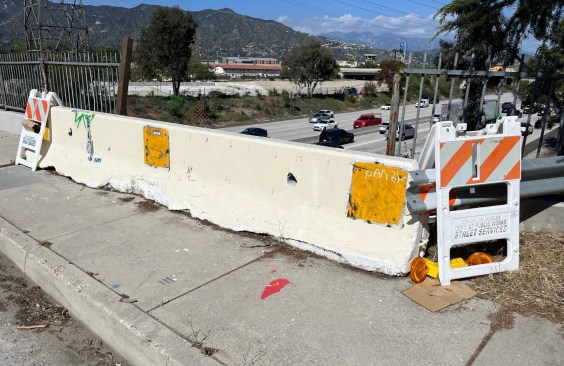The Census Bureau has just released new data showing a resurgence of the nation's cities, with New York leading the way and Chicago reversing five years of population decline.
The urban growth is being attributed to a combination of demographic re-arrangement -- younger families are embracing cities as well as close-in suburbs with transit access -- and the unsustainability, both economic and environmental, of living in sprawl.
It's a pattern that nicely underscores the importance of expanding transportation options beyond the automobile. But will the nation's rising cities see a corresponding increase in the political influence that's necessary to move national policy in a new direction? That's a big question.
The 2010 Census will help determine which states gain or lose seats in the House, the lower congressional chamber where proportional representation rules the roost.
And even if urban populations continue to swell over the next two years, it's still highly likely that western and southern states -- where the housing bubble was largest and sprawl remains the norm -- will gain seats in Congress.
"[T]here would have to be a massive reversal of population trends for this not to happen," demographer Andrew Beveridge of Queens College told the New York Times after the 2007 Census. (The New York state legislature is a different story, as Beveridge reported earlier this week -- but then again, control of that body may be more trouble than it's worth.)
New York's congressional representation is projected to fall by two seats after 2010, hitting a low not seen since the 1810 Census. Illinois and Ohio are also expected to lose representation while Texas and Florida gain seats.
It's a prospect that has Karl Rove dreaming of a GOP comeback, and one that should give pause to livable streets advocates who lament the slow progress Congress often seems to make on climate, transit, and other crucial issues.
Senior Democrats such as Speaker Nancy Pelosi (D-CA), House Ways and Means Committee Chairman Charles Rangel (D-NY), and House Energy and Commerce Committee Chairman Henry Waxman (D-CA) represent urbanites (in San Francisco, New York, and Los Angeles, respectively), but their party's 77-seat hold on the House requires constant attempts to compromise with colleagues from rural and exurban areas.
The more that lawmakers from a wide variety of areas -- particularly highway-fixated and growing states such as Texas -- come to embrace the goals of less auto dependence and more sustainable development, the better.





